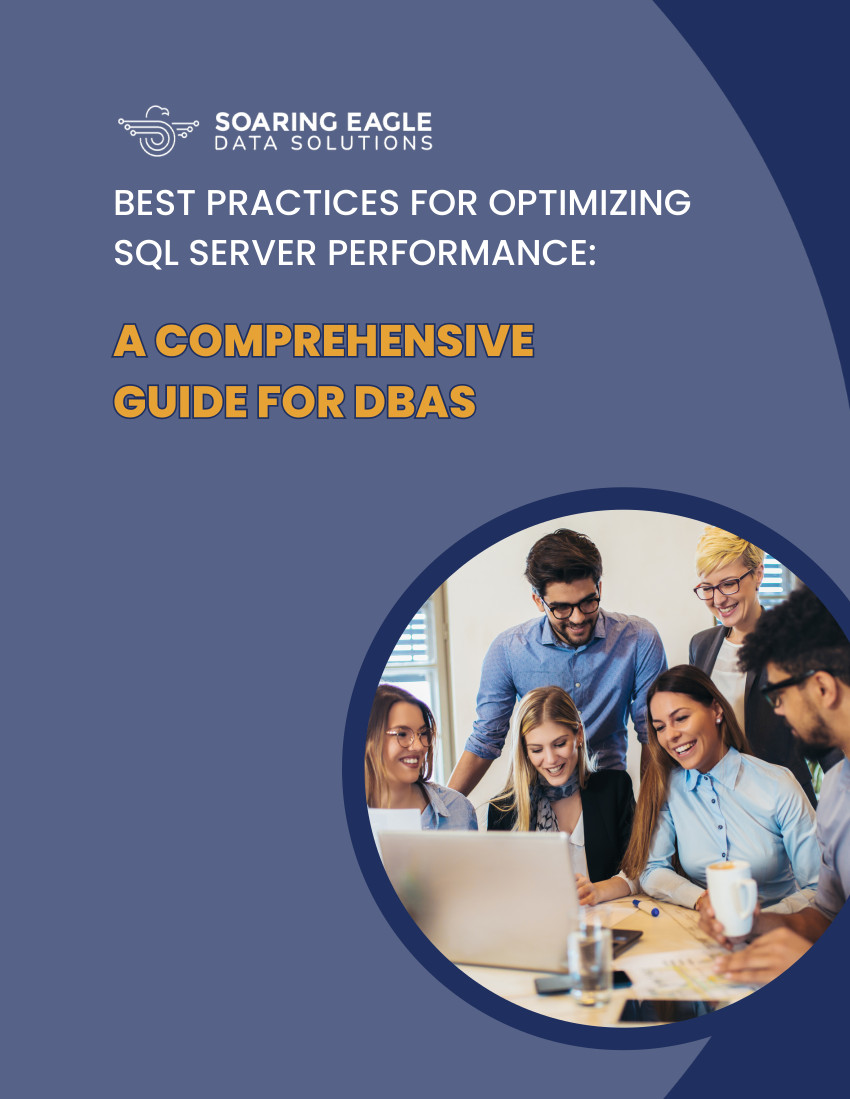Is Your Business Ready for a Database Administrator (DBA)? 12 Telltale Signs
 In the digital age, businesses are drowning in data—from Excel spreadsheets to third-party apps and the aftermath of mergers and acquisitions. Managing this wealth of information requires a deft touch. Can your sysadmin handle it all? Is your DevOps team inadvertently causing more harm than good? Below are 10 of the signs that indicate your company may desperately need a Database Administrator (DBA).
In the digital age, businesses are drowning in data—from Excel spreadsheets to third-party apps and the aftermath of mergers and acquisitions. Managing this wealth of information requires a deft touch. Can your sysadmin handle it all? Is your DevOps team inadvertently causing more harm than good? Below are 10 of the signs that indicate your company may desperately need a Database Administrator (DBA).
- Core business processes are being run from Excel spreadsheets.
- These excel sheets can only be worked by one person
- Only one person knows how to use/fix/update these sheets.
- SaaS applications that sit on local Databases (SQL, Postgres, Oracle) are in frequent use, and up to you to maintain and back up.
- SYSADMIN or DevOps teams are currently responsible for standing up, maintaining, and emergency care of database environments for business-critical applications.
- SysAdmin and DevOps teams are not managing and maintaining data properly.
- SysAdmin and DevOps teams are responding to after-hours calls to handle server downs and other emergencies.
- These teams are unable to set up proper Database Monitoring and Alerting
- Regulatory Compliance Challenges: Meeting industry-specific data regulations, such as HIPAA or GDPR, can be complex. A DBA with compliance expertise can help ensure that your databases meet all necessary requirements. Even if you aren't highly regulated, security is always a concern!
- Data Analysis has been identified as a priority
- Frequent Database Performance Issues: If your databases frequently experience slowdowns, crashes, or performance issues, it may be a sign that your database infrastructure needs the expertise of a DBA to optimize and maintain it. Database Performance is a key factor in client retention – this one can hit the bottom line directly.
- Data Interoperability is a concern. Siloed data prevents proper business decisions.
- Single Source of Truth is nowhere to be found. Master Data Management needs to be implemented.
- Inefficient Queries: Poorly optimized database queries can lead to slow application performance. A DBA can identify and optimize these queries to ensure efficient data retrieval.

- Data Loss or Corruption: Instances of data loss or corruption are critical indicators of database management problems. A DBA can implement backup and recovery strategies to safeguard your data.
- Increasing Database Costs: Escalating database-related expenses, such as software licensing or infrastructure costs, may indicate inefficiencies that a DBA can address.
- Increasing Database Costs: Escalating database-related expenses, such as software licensing or infrastructure costs, may indicate inefficiencies that a DBA can address.
BONUS-
Rollouts to production servers are frequently followed by server downs and application crashes.
BONUS 2- Do you need MORE DBAS?
Your current DBA is overworked, and you are concerned their work/life balance and job satisfaction may cause sudden employee turnover.
You need MORE DBAs to cover vacation/sick days as well as overnight/weekend support.


